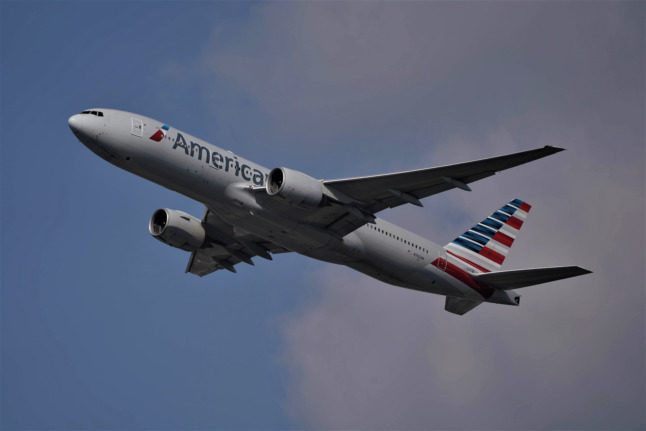For the Islamic republic, the goal is to make a leap towards ending the international sanctions that have battered its economy.
Washington and its allies are seeking solid commitments that will ensure Iran's stated desire for a peaceful atomic power programme is not a covert attempt to build a nuclear bomb.
The two-day Geneva meeting began on Monday afternoon, Iranian media reported.
US officials said there were no plans to brief reporters, who were left guessing about the venue.
Time is running out for the negotiations between Iran and the so-called P5+1 group.
A deadline of July 20th has been set to turn a temporary deal struck in November into a permanent agreement.
Abbas Araqchi, Iran's deputy foreign minister and nuclear pointman, said on Monday he remained optimistic about meeting the deadline.
"If this does not happen, we'll have to resort to extending the Geneva agreement for another six months so the negotiations can continue," Iran's IRNA news agency quoted him as saying.
Both sides had already raised the prospect of an extension.
The Geneva meeting marks the first time since the 1980s that Tehran and Washington have held official, direct talks on the nuclear issue outside of the P5+1 process, which includes the five permanent members of the Security Council — Britain, China, France, Russia and the United States — plus Germany.
Need for flexibility
With the last round of talks in Vienna in May yielding little, there has been concern that the process is stalling.
"The negotiation has now entered the deep-water zone, involving more complicated and sensitive issues," Chinese foreign ministry spokeswoman Hua Chunying told reporters in Beijing on Monday.
"All parties need to take a flexible and practical attitude in order to seek common ground and shelve differences," she added.
Iran was expected to hold a similar meeting with Russian negotiators in Rome on Wednesday and Thursday, before a P5+1 session in Vienna from June 16th-20th.
The Geneva meeting appeared to confirm the need for broader discussions to close the gaps between Tehran and Washington.
"Most of the sanctions were imposed by the US, and other countries from the P5+1 group were not involved," IRNA quoted Araqchi as saying on Sunday.
The US side in Geneva was led by Deputy Secretary of State Bill Burns and Jake Sullivan, a top White House adviser — part of a small team who spent months in secret talks in Oman that finally coaxed Iran to the negotiating table last year.
The overall P5+1 talks are chaired by the European Union, whose foreign policy spokesman Michael Mann said the US-Iran meeting was part of an "intensified negotiating process".
A senior US administration official said the Geneva talks would "give us a timely opportunity to exchange views" before next week's Vienna meeting.
After decades of hostility, Iran and the US made the first tentative steps towards rapprochement after the election of self-declared moderate Hassan Rouhani as president last June.
Rouhani called his US counterpart Barack Obama shortly after taking office, a move followed by a meeting between US Secretary of State John Kerry and Iran's Foreign Minister Mohammad Javad Zarif.
'Stubbornly recalcitrant'
The interim deal struck last November led the US and its partners to release $7 billion from frozen funds in return for a slowdown in Iran's controversial uranium enrichment.
But a long-term accord remains a long way off, experts say.
Cyrus Nasseri, a member of Iran's negotiating team when it was led by Rouhani between 2003 and 2005, said Washington had to drop its "stubbornly recalcitrant" outlook.
"It's all a matter of whether the US will be prepared to take the next step to accept a reasonable solution which will be win-win for both," he said.
"The US has to bite the bullet after ten years of wrongful accusations.
It has to accept Iran will at the end of day, no matter how the settlement is made, have peaceful nuclear fuel production."


 Please whitelist us to continue reading.
Please whitelist us to continue reading.
Member comments